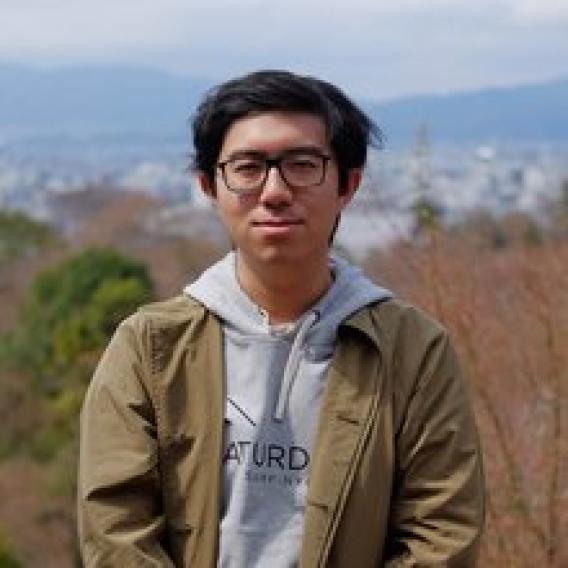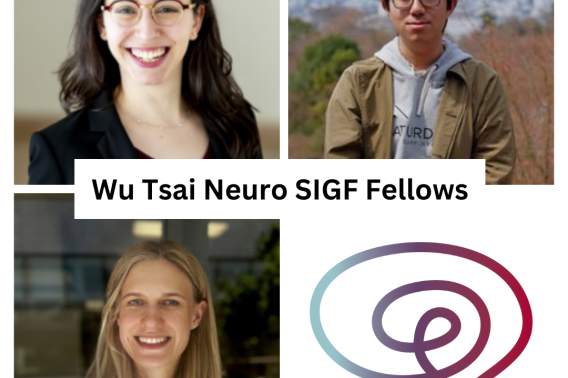
Han Cui
Optogenetics is revolutionizing neuroscience but it remains challenging to deliver light to deep brain regions and dynamically change light emission in different brain regions without invasive procedures. Current methods, like optical fiber implantation, have limitations in repositioning and light attenuation. To address the challenges in optogenetics, I propose a noninvasive method using focused ultrasound (FUS) and mechanoluminescent nanotransducers (MLNTs). Leveraging FUS's lower attenuation in biological tissues, this approach will enable on-demand light emission patterns at any brain location, with millisecond precision, using MLNTs circulating intravenously and controlled by ultrasound. By leveraging this method, I aim to explore different brain regions with millisecond precision, uncovering their contributions to complex behaviors like addiction. This approach, enabling spatiotemporal control of light emission noninvasively, will be a valuable tool for neuroscience and any applications needing light deep inside the body, such as photodynamic therapy and optical control of cell signaling.
